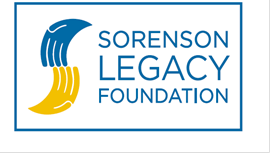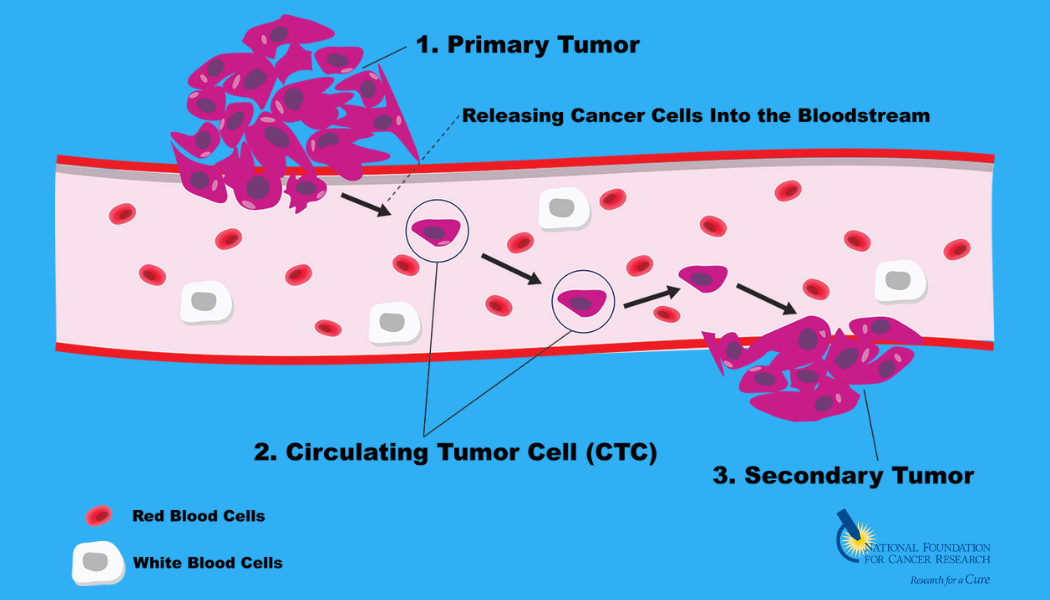Credentials
Associate Professor of Medicine, Harvard Medical School
Research Projects
Kidney cancer or Renal Cell Carcinoma (RCC) has many different subtypes and most therapies have been developed for the most common type, called “clear-cell kidney cancer”. Patients with other types of kidney cancer do not respond as well to these therapies. Unfortunately, because these different subtypes of kidney cancer often look the same under the microscope, many are misdiagnosed. A more refined molecular subtyping of kidney cancer is essential for more accurate diagnosis, its earlier detection, and for treatment selection.
Dr. Viswanathan will conduct genomic and RNA assays on the circulating tumor cells to characterize the molecular features of the different subtypes of kidney cancer.
In addition, although some patients with localized kidney cancer can be cured with surgery, many experience a recurrence. In high-risk patients after their surgery, Dr. Viswanathan will measure the number of circulating tumor cells to assess the minimal residual disease.
In summary, this project will leverage the novelty of the detection technology to address two long-standing challenges in kidney cancer.
(1) Develop a noninvasive and molecular assay to accurately diagnose the subtype of a kidney cancer in a given patient.
(2) Detect small levels of cancer in patients who have undergone surgery and are on surveillance for residual cancer and its spread.
Background
Dr. Srinivas Viswanathan is a physician scientist focused on the genomics and functional genetics of genitourinary cancers, with a focus on cancers of the prostate and kidney. Within prostate cancer, his laboratory is interested in the factors that modulate androgen receptor (AR) signaling, the molecular pathway that represents the dominant driver of prostate cancer in most patients across the disease course. Within kidney cancer, his laboratory has a special interest in non-clear cell RCC histologies, which represent a major unmet medical need. Dr. Viswanathan has extensive experience in the molecular characterization and functional genomics of prostate and kidney cancers that he will apply to the current platform
Accelerate innovative research like this and help save cancer patient lives.

The National Foundation for Cancer Research wishes to thank the Sorenson Legacy Foundation for its generous support to expand on this critical research initiative.
This joint partnership enables us to increase vital circulating tumor cells research that will benefit even more patients across cancer types.
















